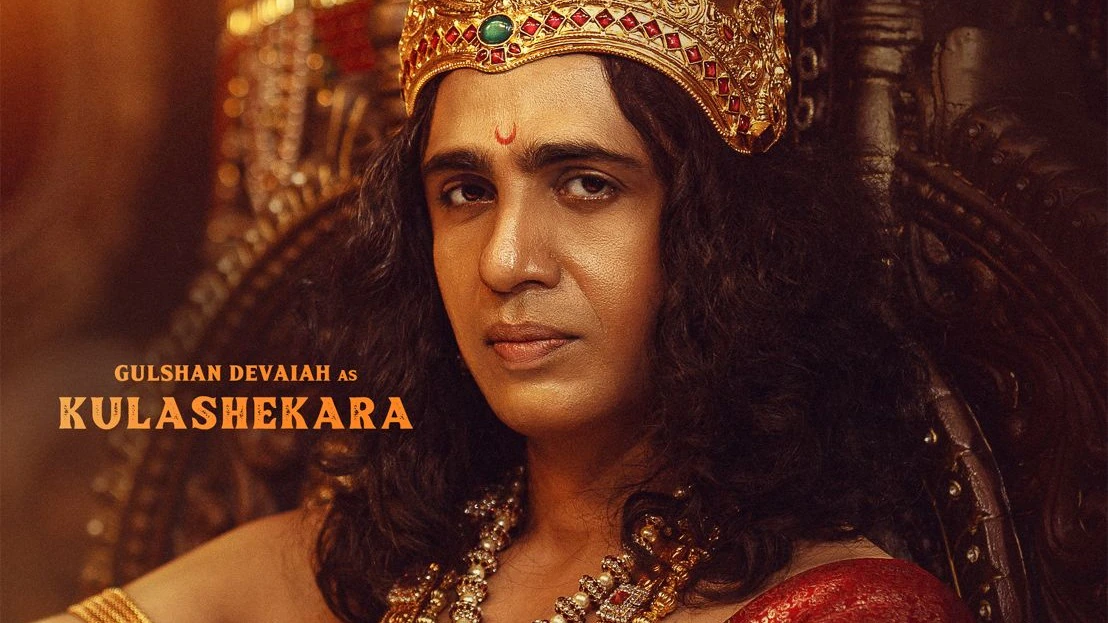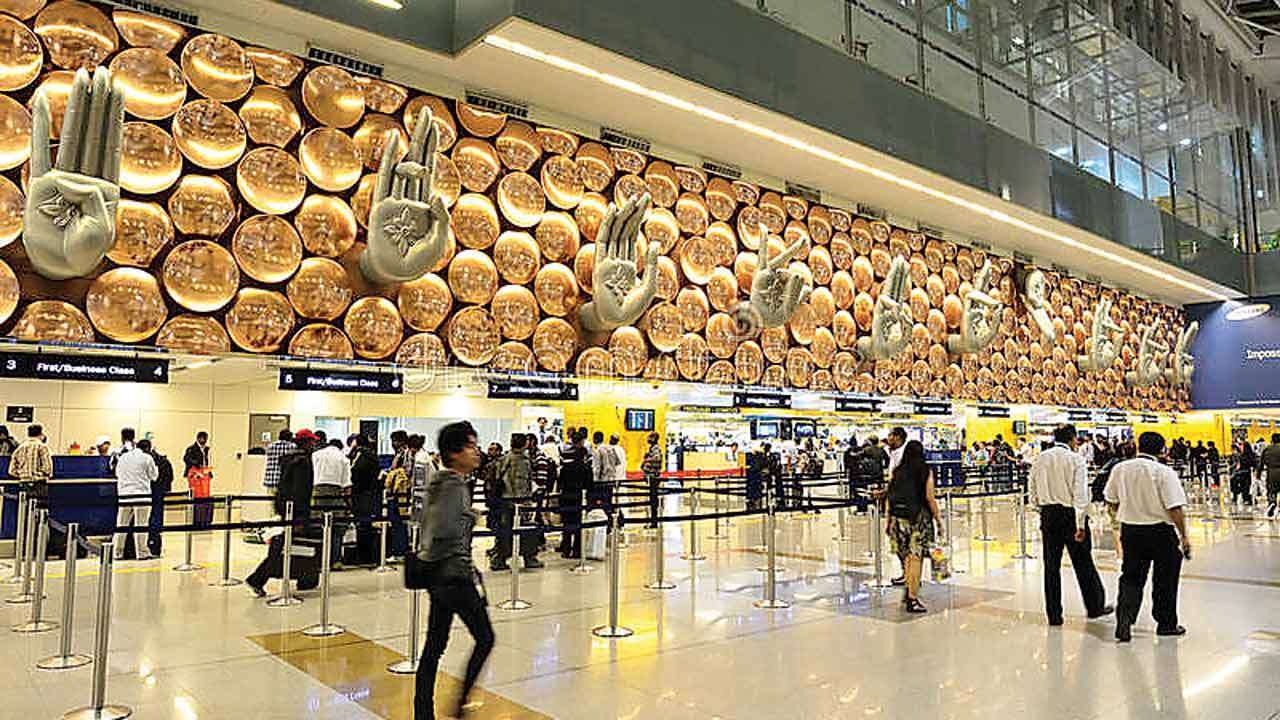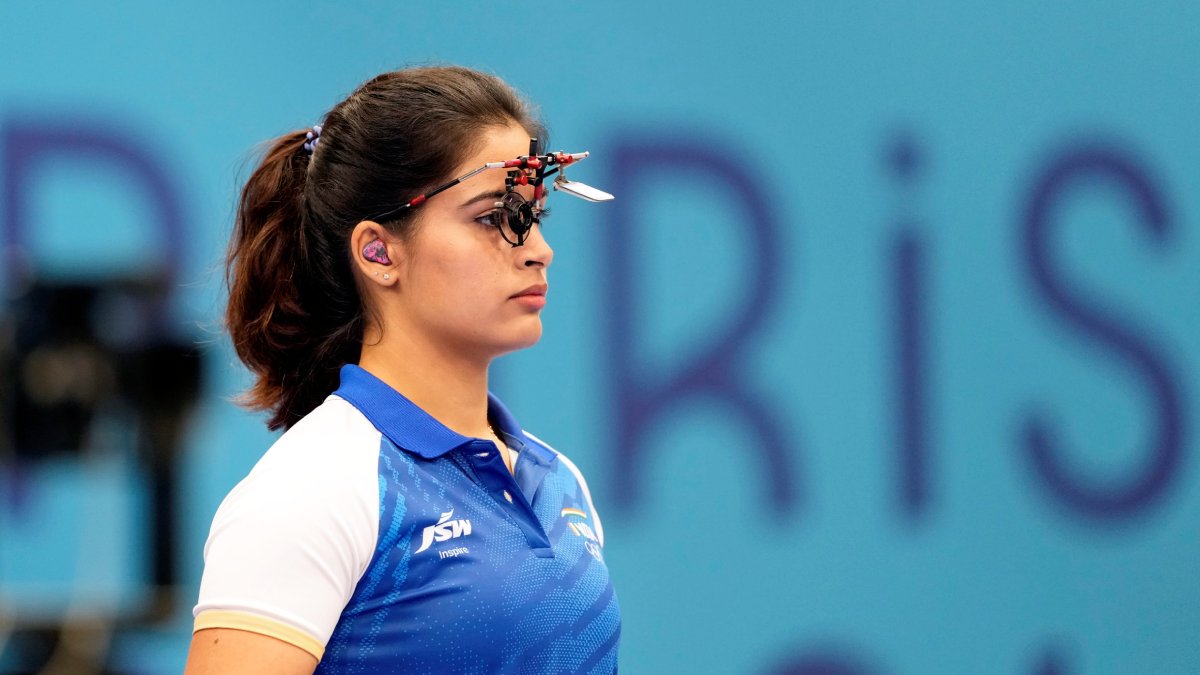Acclaimed actor Gulshan Devaiah, known for his versatile performances in films like Shaitan, Hunterrr, and Badhaai Do, recently found himself at the center of an unexpected online controversy surrounding a scene from Rishab Shetty’s cinematic blockbuster Kantara Chapter 1. The actor plays Prince Kulashekara, while actress Rukmini Vasanth portrays his sister, Princess Kanakavathi, in the mythological drama.
A particular scene in the film shows Gulshan’s character pulling his on-screen sister’s cheek in a condescending yet emotional moment. What seemed like a natural sibling gesture on screen has now sparked debate on social media, after the actor revealed that the moment was improvised during rehearsals. Many users misinterpreted his statement, assuming the act was spontaneous and done without consent — prompting Gulshan to issue a series of clarifications.
The Scene and How It Sparked the Debate
The controversy began when a fan on X (formerly Twitter) shared a clip of the scene, captioning it “If I ever see Rukmini Vasanth,” and tagging Gulshan Devaiah. The post was meant to be playful, but it objectified Rukmini, implying admiration based on her looks rather than her performance. Gulshan was quick to correct the fan and also revealed a behind-the-scenes detail about the scene.
He replied,
“Cute but no please don’t!!! It’s highly inappropriate. Ps. This was unscripted. I improvised this during a rehearsal & Rishab laughed out loud. We kept it in the final take.”
While Gulshan’s intention was to educate the fan about respect and share an insight into the filmmaking process, his admission that the cheek-pulling was “unscripted” triggered a different reaction from the public.
Social Media Backlash and Questions on Consent
Shortly after Gulshan’s post, several users began questioning whether he had touched his co-star without prior consent, mistaking “improvised” for “unplanned.” One social media user commented,
“You do know it’s not great to touch a woman without consent, right? Stop glorifying it as if you did something.”
To this, Gulshan firmly responded that the action was done with Rukmini’s full consent, clarifying that they were both experienced professionals who understood their characters and boundaries.
He wrote,
“We are both professional actors playing siblings in the film and of course it was done with consent.”
Despite his explanation, more users continued to express confusion, leading the actor to elaborate further in another tweet.
Gulshan Clarifies What “Improvised” Really Meant
Realizing that the word “improvised” had led to misinterpretation, Gulshan explained that not all improvisations happen impulsively. Some are discussed, rehearsed, and approved before the camera rolls.
He stated,
“Ok I can see how I contradict myself. I suppose most people assume ‘improvisation’ to be spontaneous. Not the case always & certainly not in this case. I take the most pride in being a thorough professional to work with & there is always consent involved with all of my co-actors regardless of the gender.”
By addressing the confusion head-on, Gulshan highlighted an important distinction between spontaneous improvisation and creative collaboration in acting — where scenes can evolve through discussion, mutual understanding, and director approval.
Lessons from His Past: The Shaitan Connection
Adding a personal touch to his clarification, Gulshan revealed that he had learned the importance of consent and communication “the hard way” during his early years in the film industry. Referring to an incident that took place during the filming of his 2011 film Shaitan, he wrote,
“I actually learned that lesson the hard way, during something that happened while shooting Shaitan.”
While he didn’t go into details, his comment suggests that the experience shaped his professional approach toward respecting co-actors’ boundaries and ensuring clear communication during performances.
The Context Behind the Scene in Kantara Chapter 1
Directed by Rishab Shetty, Kantara Chapter 1 serves as a prequel to the 2022 phenomenon Kantara, exploring the origin of the divine protector featured in the original movie. Gulshan’s character, Prince Kulashekara, and Rukmini’s Princess Kanakavathi share a complex sibling dynamic that reflects themes of power, devotion, and conflict in a mythological setting.
The cheek-pulling scene, though brief, became a symbolic moment that showcased the emotional hierarchy between the two royal siblings — one being affectionate yet dominant, the other restrained and respectful. According to Gulshan, the idea to pull Rukmini’s cheek came during rehearsals and was approved by director Rishab Shetty, who found it authentic to the characters’ relationship.
“Rishab burst out laughing during rehearsals when I did that, and he chose to include it in the film,” Gulshan wrote.
Public Response and Industry Reactions
While some fans initially criticized Gulshan for the perceived lack of consent, many others came forward in his defense after his clarification, praising his professionalism and openness in addressing the matter. Several actors and film professionals subtly echoed the importance of communication and mutual understanding in performing scenes that involve physical interaction.
Rukmini Vasanth herself has not made any public statement about the matter, though reports suggest there was no issue between the two during or after filming
Kantara Chapter 1: A Massive Box Office Success
Despite the online chatter, Kantara Chapter 1 continues to perform exceptionally well in cinemas. The film has reportedly grossed over ₹834.25 crore worldwide, solidifying its place as one of the biggest hits in Indian cinema this year.
It is currently running successfully in theatres across India and is also available for streaming on Amazon Prime Video in all major South Indian languages, allowing global audiences to witness the cultural and mythological storytelling that has made the franchise so popular.
A Broader Takeaway: Creativity and Consent in Modern Cinema
The entire episode has brought renewed attention to the importance of consent and communication in acting, especially when it comes to improvisation. Gulshan Devaiah’s detailed clarification serves as a reminder that creative instincts must always operate within the framework of mutual respect and professional ethics.
Improvisation, while a vital part of authentic storytelling, should never blur the lines of personal comfort — something Gulshan himself acknowledged through both his words and actions. His willingness to address the controversy transparently has earned him respect among colleagues and fans alike, turning a moment of misunderstanding into a meaningful discussion about boundaries, collaboration, and growth in the world of cinema.










